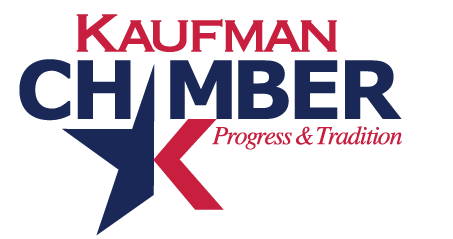- Verbal feedback empowers and encourages employees, creating an atmosphere where they feel valued.
- Praise achievements to show appreciation and highlight the effort and outcome of a job well done. Be specific in your words.
- Appreciate the individual beyond their performance. Focus on their traits, talents, and leadership qualities.
- Use words to speak to someone’s future; job security is a powerful motivator
- Take inspiration from the examples here and customize to fit your observations and your employees
639 / 2.5 min read
Verbal feedback is a great way for bosses and team leaders to demonstrate their appreciation and encourage their employees. When used correctly, this kind of feedback not only boosts morale but also creates an atmosphere where employees feel valued, respected, and encouraged. If using words to affirm your employees does not come naturally to you, you are not alone. The good news is that giving verbal feedback is a skill you can develop over time that will benefit you as a leader and everyone around you. Read on to learn more about when to give positive feedback and what to say to open hearts and minds.
Praise Achievements
Everyone appreciates recognition for a job well done, and your employees are no different. If someone has done an outstanding job on a project, acknowledge their effort and outcome. Praise is especially meaningful when workers have encountered unforeseen obstacles, difficult clients, or delays. When it comes to what to say, be specific. Inc. contributor and founder of Leadership from the Core, Marcel Schwantes provides these inspirational examples:
“I understand that analyzing the vast amount of data for our presentation was a difficult and time-consuming task. You did a remarkable job interpreting the results in a way everyone could comprehend.”
“I cannot express how much your extra mentoring efforts for the new employees have impacted the entire team. They were able to hit the ground running quickly due to your help during their crucial first three months with the company. The whole team has exceeded its productivity as a result.”
Commend the Person, not Just the Performance
Recognition is essential and can be given in a variety of ways. Bonuses, raises, and promotions are all ways to recognize someone’s exceptional performance, but surprisingly they can leave some employees feeling less satisfied with their jobs. According to research conducted by the London School of Economics, financial rewards can actually have a negative impact when it comes to motivating employees. An analysis of 51 experiments showed that monetary compensation may reduce an individual’s drive to accomplish a task, as well as diminish their enjoyment of doing so.
An exciting aspect of positive feedback is that it motivates individuals differently.
According to Harvard Business Review, recognition should go beyond performance and extend into appreciation, which acknowledges a person not just for what they have done but for who they are. When giving verbal appreciation, focus on comments that encompass an employee’s special traits and talents, such as dedication, collaboration, and leadership. Schwantes provides these examples when it comes to providing praise based on leadership qualities:
“Your positive and optimistic attitude on Monday mornings has significantly impacted the team. They eagerly anticipate Mondays and feed off your positive energy throughout the week. This has spread to other teams as well.”
“How you handled last week’s crisis with your calm, composed, and self-assured demeanor was a game changer. Instead of people panicking and blaming each other, your attitude helped the team focus on finding solutions for the client and fixing the process to prevent similar issues in the future. You were instrumental in saving the company from losing one of its best clients.”
Schwantes also recommends that leaders use their words of encouragement to help workers feel secure. Job security is always a top concern for employees. When leaders affirm an individual’s place and future in the company, they offer more than compliments but peace of mind.
The Takeaway: Notice & Take Action
Giving praise that encompasses performance, personality, and someone’s place in the company are all great ways to practice words of affirmation. Take inspiration from Schwantes and customize his ideas to fit your observations and employees. And remember: a thoughtful email or note from a boss will go a long way in making someone feel seen, recognized, and appreciated.


